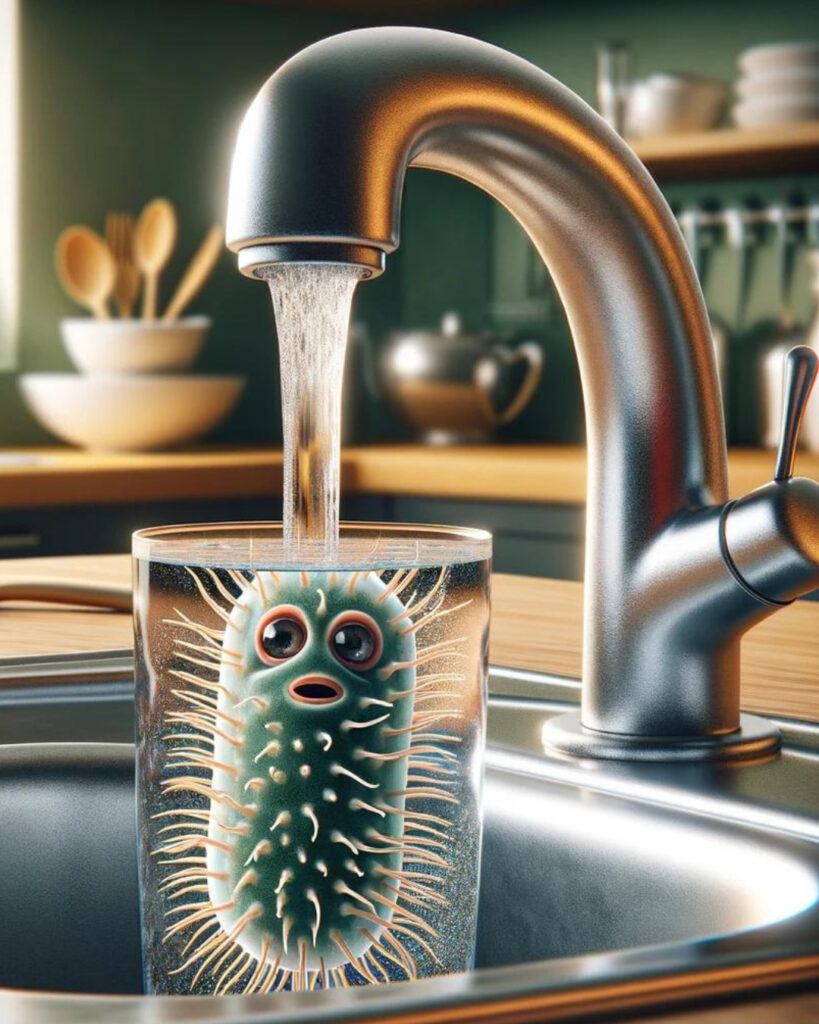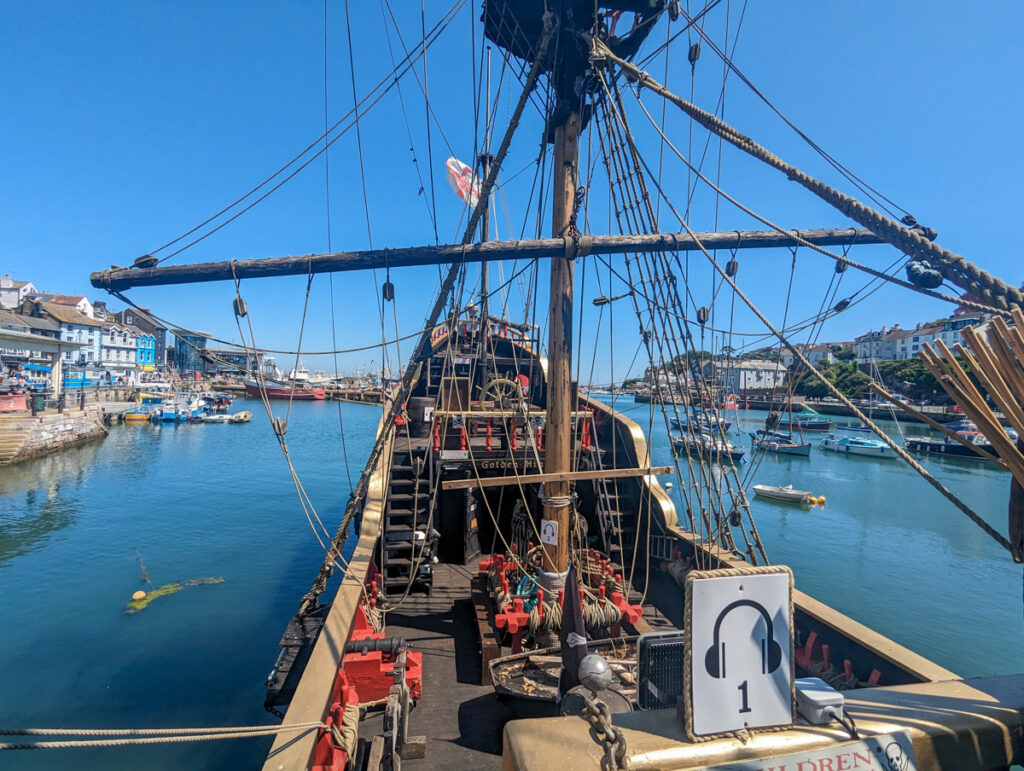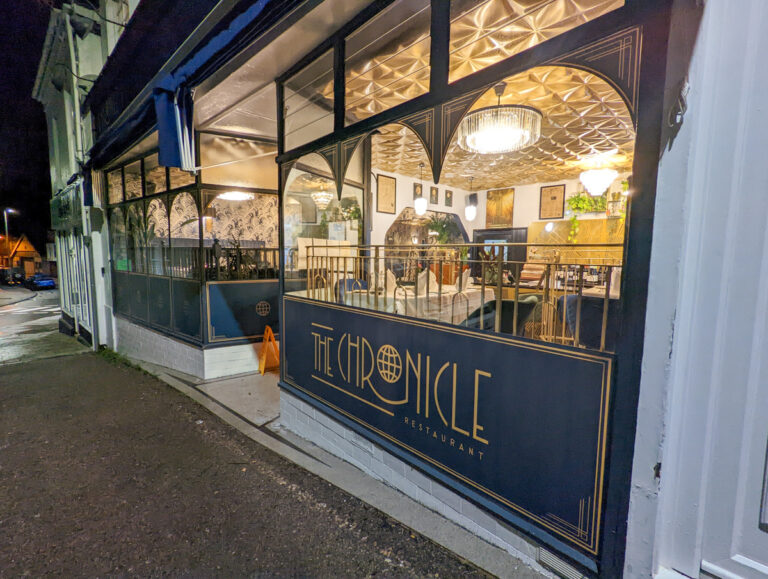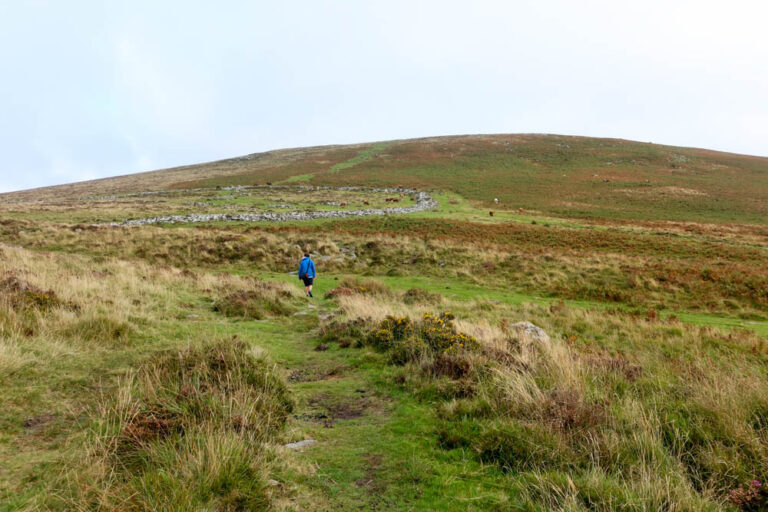Warning to Devon town after 22 people fall unwell
Tap water in the UK is generally of a high quality, but every so often, bacteria can be found which can make people unwell.
A recent outbreak has been found in a South Devon town. Here’s everything you need to know – including what the outbreak is, where to be cautious and what to do about it!
What’s happened in South Devon?
Cryptosporidium, a waterborne parasite, has caused a significant public health concern in south Devon.
The parasite – which can lead to severe gastrointestinal distress – has been identified as the culprit behind a recent outbreak affecting the region.
Symptoms of cryptosporidiosis – the illness caused by the parasite – include diarrhoea, stomach pains, nausea or vomiting, low-grade fever, and loss of appetite. These symptoms can persist for up to two weeks.

Where is the outbreak?
In the town of Brixham, Public Health authorities have confirmed 22 cases of cryptosporidiosis.
And up to 100 individuals have reported similar symptoms to their general practitioners in the past week alone.
Most notably, Eden Park Primary & Nursery School in Brixham has closed, the school citing that they do not have enough clean water to keep all of their students hydrated. Year 6 students who are in the midst of their SATs examinations are coming to school only for the tests, and then returning home.
Of course, lots of local cafes and restaurants are affected as well.

South West Water’s reaction
The sudden spike in cases has prompted a swift response from both health officials and South West Water (SWW), the local water utility.
South West Water has set up bottled water collection points at Broadsands Car Park and Freshwater Quarry in Brixham to help meet the immediate needs of the community – however many locals have voiced concerns that this isn’t enough, and they aren’t accessible for everybody.
What to do about it
The infection is typically acquired through ingestion of contaminated water.
This can occur by drinking untreated water or accidentally swallowing water while swimming in pools or natural bodies of water.
As the parasite is waterborne SWW has issued a boil water advisory to residents in the affected areas – you should boil tap water before consumption to reduce the risk of infection until advised otherwise.
The official advice is to boil all tap water for at least one minute before using it for drinking, cooking, brushing teeth, or any other activity that involves ingesting water. Boiling water effectively kills the parasite, ensuring that it is safe for consumption. See full advice on the SWW website.
SWW has emphasized that this advisory applies to all tap water, not just water intended for drinking.
See updates on their Twitter feed.
Are other towns affected?

At the moment, it seems like the only place affected by the cryptosporidium outbreak is Brixham. But people living in the surrounding areas are recommended to take precautions.
What’s the cause of it?
Of course, without knowing the cause, health authorities may take a while before being able to say that tap water is safe again. However, professionals are expecting it to take at least seven days.
At the moment, the focus is on the Hillhead reservoir and the wider Alston area, which supply water to approximately 40,000 residents.
More information about Cryptosporidiosis
Cryptosporidiosis, the illness caused by the cryptosporidium parasite, is a significant public health concern in the UK and around the world.
The parasite is typically waterborne and infections occur when people ingest contaminated water.
This can happen through drinking untreated water, swallowing water while swimming in pools or natural bodies of water, or coming into contact with animal manure.
In the UK, outbreaks of cryptosporidiosis are not uncommon and tend to affect between 3,000 and 6,000 people annually.
The illness is characterised by prolonged diarrhoea, stomach cramps, nausea, vomiting, and fever.
For most people, the symptoms are self-limiting and resolve within a few weeks without the need for medical treatment.
However, for vulnerable populations such as very young children, the elderly and individuals with weakened immune systems, the illness can be more severe and may require medical intervention.
There is currently no effective antibiotic treatment for cryptosporidiosis. Management of the illness focuses on supportive care, including staying hydrated and maintaining good hygiene practices to prevent further spread.
Public health officials emphasise the importance of preventing contamination in water supplies and ensuring that drinking water is properly treated.
Cryptosporidiosis is usually spread through water contaminated with the parasite.
This can occur when animal waste contaminates water sources, which can happen more in agricultural areas.
Farms hosting open days in the spring can also lead to a spike in cases, as visitors may come into contact with infected animals or contaminated environments.
Stay safe in Devon!
At the moment, the outbreak seems to be limited to Brixham, but do keep updated with local news while you’re here. I’ll post any updates to my Facebook page.






